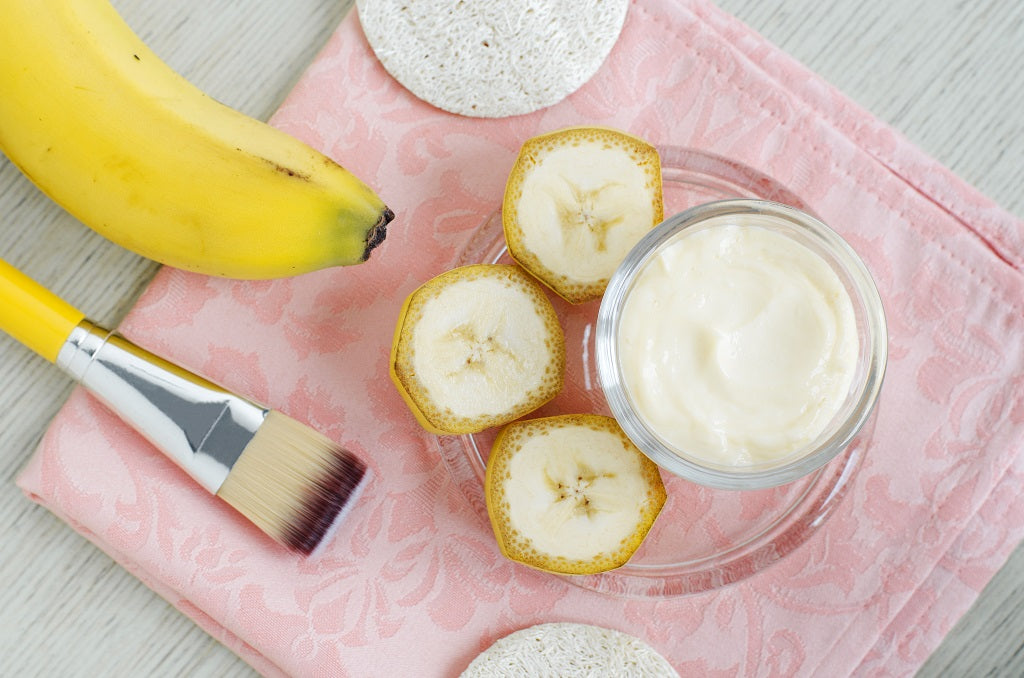You are probably stressed out if you notice more hair strands than usual on your pillowcase or in your shower.
You may have heard that stress causes hair loss. But is there any truth in the claim? If you're stressed out from work or overwhelmed by any unpleasant event, it's natural to be concerned about the effects stress has on your body. Stress can take a toll on your hair health; precisely, the quantity of hair you lose in a day can be a cause for concern. A high level of stress means less hair on your head. Not only males, but females are also affected by stress related hair loss.
In this blog, we will try to understand the relationship between stress and hair, and how we can reverse hair loss caused by stress.
How Are Stress And Hair Loss Related?
Is stress associated with loss of hair? The answer is in affirmation. Research suggests that stress-related emotional trauma could be linked to a type of hair loss, namely Telogen effluvium. Here's what you need to know about stress-induced hair loss.

Each hair follicle on the scalp goes through a different phase of the hair growth cycle. Most hair follicles are in the growth phase (anagen) at any given time, after which the hair follicles move on to the resting phase which is when the hair is shed. During telogen effluvium, a sudden trigger can cause the hair follicles to shift suddenly from anagen to the telogen stage. This sudden trigger can be stress due to any unpleasant situation or underlying medical condition. As per the latest study, stress, anxiety, and depression can disrupt the normal hair growth cycle, leading to loss of hair.
Does stress increase the level of DHT in your body? Yes, stress raises levels of androgens, increasing the production of DHT (Dihydrotestosterone), a chemical known to cause hair loss.
Amidst all the stress and hair loss, there is a beam of hope for you. The good news is that stress-related hair loss tends to be temporary and lasts three to six months before the hair follicles return to the normal hair cycle.
Also Read : Signs And Symptoms Of Hair Loss
Get To Know The Different Types Of Hair Loss Induced By Stress
We can categorize hair loss related to stress into three types:
1. Telogen effluvium
In the telogen effluvium, an extreme amount of stress causes hair follicles to shift to the resting phase. Within 2-3 months of your hair follicles entering the resting phase, you may notice that the affected hair falls off while washing or combing your hair.
2. Trichotillomania
Trichotillomania is a strong desire to pull hair from your body such as the scalp, eyebrows and others. It’s a disorder that pushes people to pull their hair to cope with uncomfortable or negative emotions, like tension, stress, boredom, loneliness, or others.
3. Alopecia areata
Many factors are considered to cause alopecia, possibly involving stress. In alopecia areata, our body's immune system targets the hair follicles, leading to hair loss.
Stress-induced hair loss is not permanent. Keeping your stress levels under control will help you grow your hair back to its healthier state.
Signs your hair fall might be due to stress
If you notice that you are shedding more than 100 strands of hair daily, you could possibly be suffering from stress-induced hair loss. The bald patches on your scalp can be an indication of alopecia areata. The strong urge to pull out the hair is a sign of Trichotillomania. If you notice drastic hair loss after 2 to 3 months of surviving any particular stressful life event, it could be Telogen effluvium.
How To Prevent Stress-Induced Hair Loss?

Unfortunately, stress-induced hair loss cannot be stopped or prevented. But yes, you can adopt certain healthy haircare habits that go a long way in maintaining hair health. Let's check out what they are.
1. Balanced Diet
Your body requires all the nutrients in a balanced amount for proper functioning. Food rich in vitamins, minerals, and proteins ensures that your hair follicles get adequate nourishment for healthy hair growth. Your hair is made up of keratin, a protein, so include plenty of protein-rich foods in your diet.
2. Avoid Styling Tools And Synthetic Haircare Products
The heat emitted from the styling tools can damage your strands, making them dry, frizzy, and brittle, being more susceptible to breakage. Avoid using styling tools.
Synthetic haircare products contain harsh chemicals such as sulfates, parabens, phthalates, and artificial fragrances, which can adversely affect your hair's health. Switch to cleanical haircare products which are effective and safe for your hair and are devoid of any side effects.
Also Read : How Hair Porosity Can Be Deciding Factor While Picking Haircare Products
3. Try Out Stress Relieving Techniques
Try stress-managing techniques such as yoga, meditation, aromatherapy, cycling, walking, swimming, and gardening.
4. Use Hair Vitalizers Or Hair Serums
Many hair vitalizers are available, infused with essential nutrients that nourish and hydrate your scalp, stimulate the dormant hair follicles, and promote hair growth. If you are a woman constantly at war with hair issues, then we recommend using Anveya's Ban-The-Fall hair serum for controlling hair fall. There are limited haircare products in the market which are found to be effective in controlling loss of hair in females. This hair serum is specially formulated for controlling hair loss in females. This hair serum contains potent actives that strengthen the hair from the root, promote the multiplication of hair follicles, and make your hair dense, thus reducing hair fall.
Also Read : Things Eveyone Should Know About Hair Growth Serum
ANVEYA BAN THE FALL ONLY FOR WOMEN,120ML
• Reduces hair loss in women
• Strengthens hair from the roots up
• Increases multiplication of hair follicles
• Soothes the scalp promoting denser hair
5. Make Small Changes In Your Life Style
Making small changes in your lifestyle can play a vital role in enhancing hair health. Try to get at least 8 hours of quality sleep. Cut down on your beverages. Avoid junk food, late-night parties, and smoking which can cause oxidative stress damaging your strands. Making these small changes is beneficial in maintaining healthy hair and a problem-free scalp.
Remember, the struggle is temporary. You can regain your hair's density and thickness after a certain period. However, if you experience severe hair loss, accompanied by an itchy and irritated scalp, you need to consult a doctor.
Disclaimer: All the content on anveya.com/blogs is solely for information. It is not intended to be a substitute for professional medical advice, diagnosis or treatment. Always seek the advice of your physician or a qualified health care provider. The information, suggestion or remedies mentioned on this site are provided without warranty of any kind, whether express or implied.




